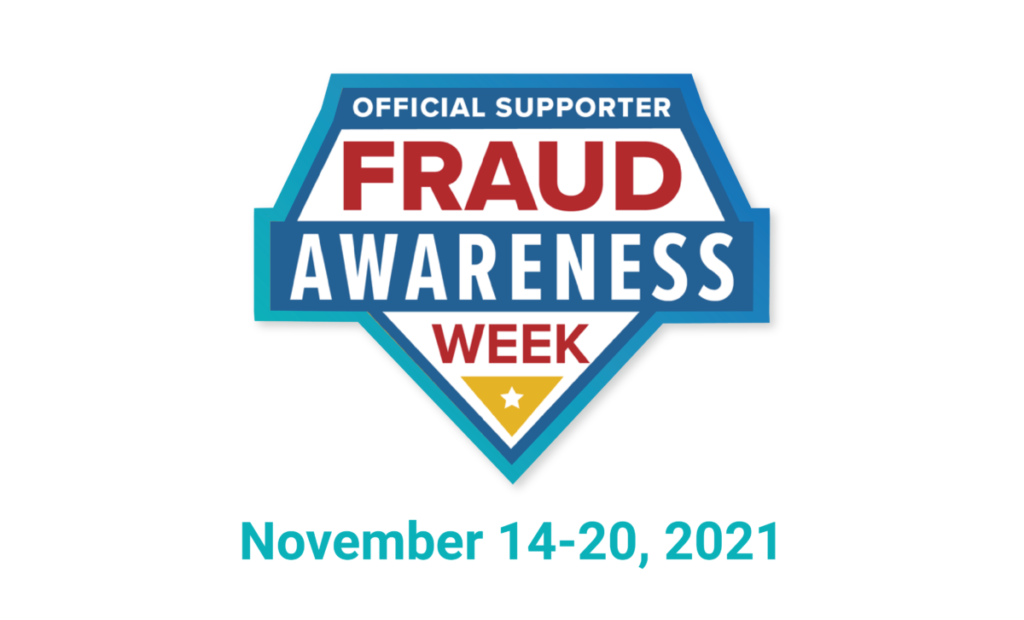Reading Time: 2 minutes
As we move into audit season, we wanted to simplify and share the 3 stages of an audit for nonprofits who might be planning for first audits.
But first, why do audits matter?
In a nutshell, audits assure your supporters and grantors that a nonprofit is being a good steward of their donations.
Being a good steward will positively impact future fundraising efforts. It also assures your government funders that you are using their funds properly. Finally, it gives your board members and your finance leadership team the confidence they can make good financial decisions for your nonprofit’s long-term growth.
Stage one: Early preparation equals successful audits
A. Determine a preparation list from an auditor’s perspective
B. Identify and dedicate a team to gather financial data and reports needed for audit
C. Select an auditor
Tips for finding an auditor
- Develop a request for proposal (RFP), if needed.
- Discuss what level of details the auditor will provide in the audit report.
- Seek referrals. Look for auditors with relevant experience (nonprofit auditors).
- Ask auditors what the next steps are, if they uncover internal fraud.
Stage two: Understand what auditors look for
It’s good to understand what auditors are looking for as you build a relationship with them. This helps establish open communication and sets up the auditor and nonprofit for success.
Here are key things auditors will look for during an audit:
- Strong internal controls within the organization including separation of duties, and controlled access to financial documents.
- An audit trail that clearly tracks transactions to sources of revenue and backups of transactions.
- Reports that clearly show how restricted and unrestricted funds are being used.
Stage three: Understand how the right technology helps support successful audits
The right accounting software technology can help support a successful audit. Here are a few features to look for:
- Provides granular control over how your personnel access financial systems
- A fully auditable general ledger
- Automation of business rules to prevent errors and fraud
- Clear classification of restricted and unrestricted assets
- Quick generation of profit and loss statements
- Easy access to documentation and reporting (does your software enable attachment of documents directly to the transaction?)
For more information on audits and preparation, you can also download our Nonprofit End of Year Checklist.




